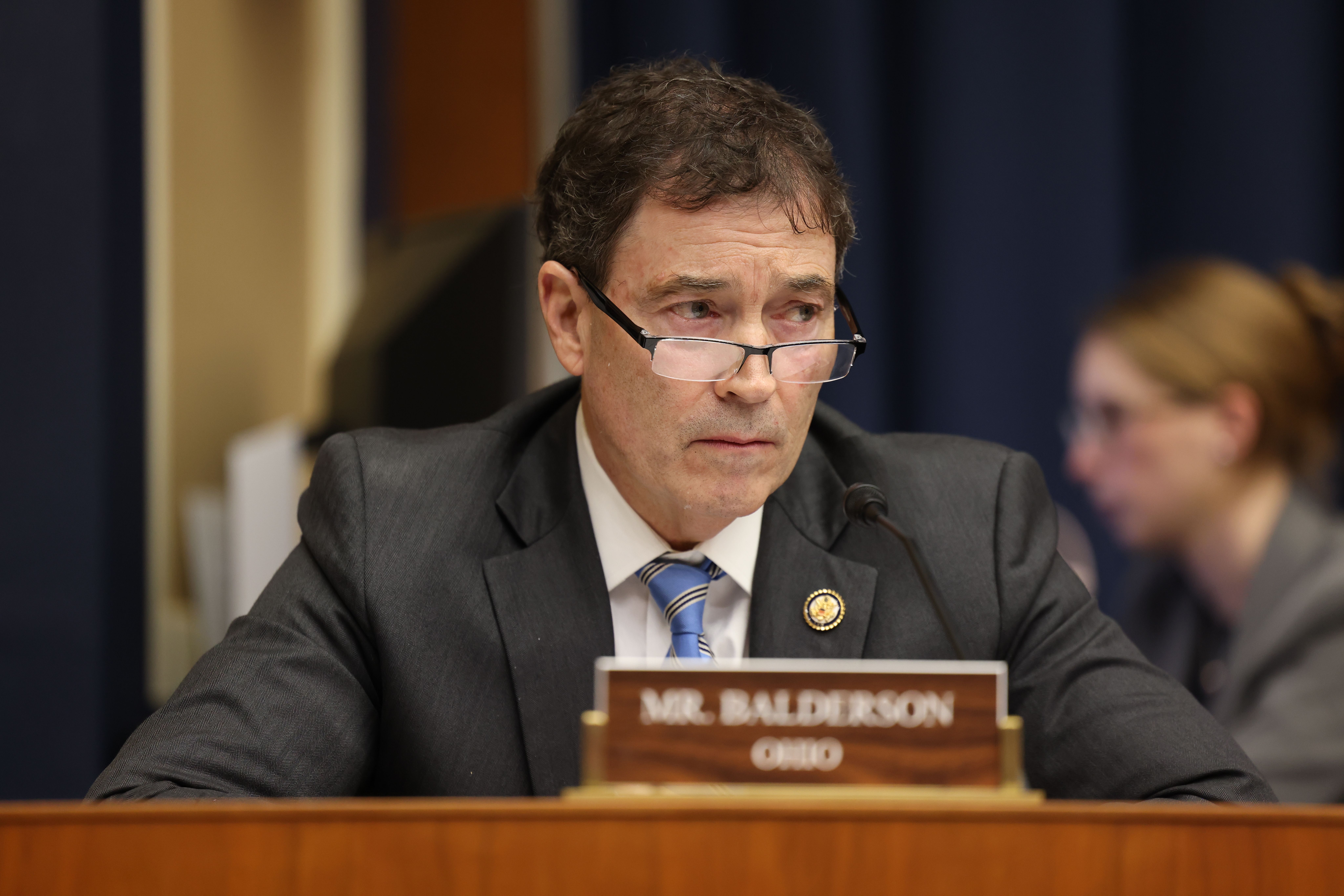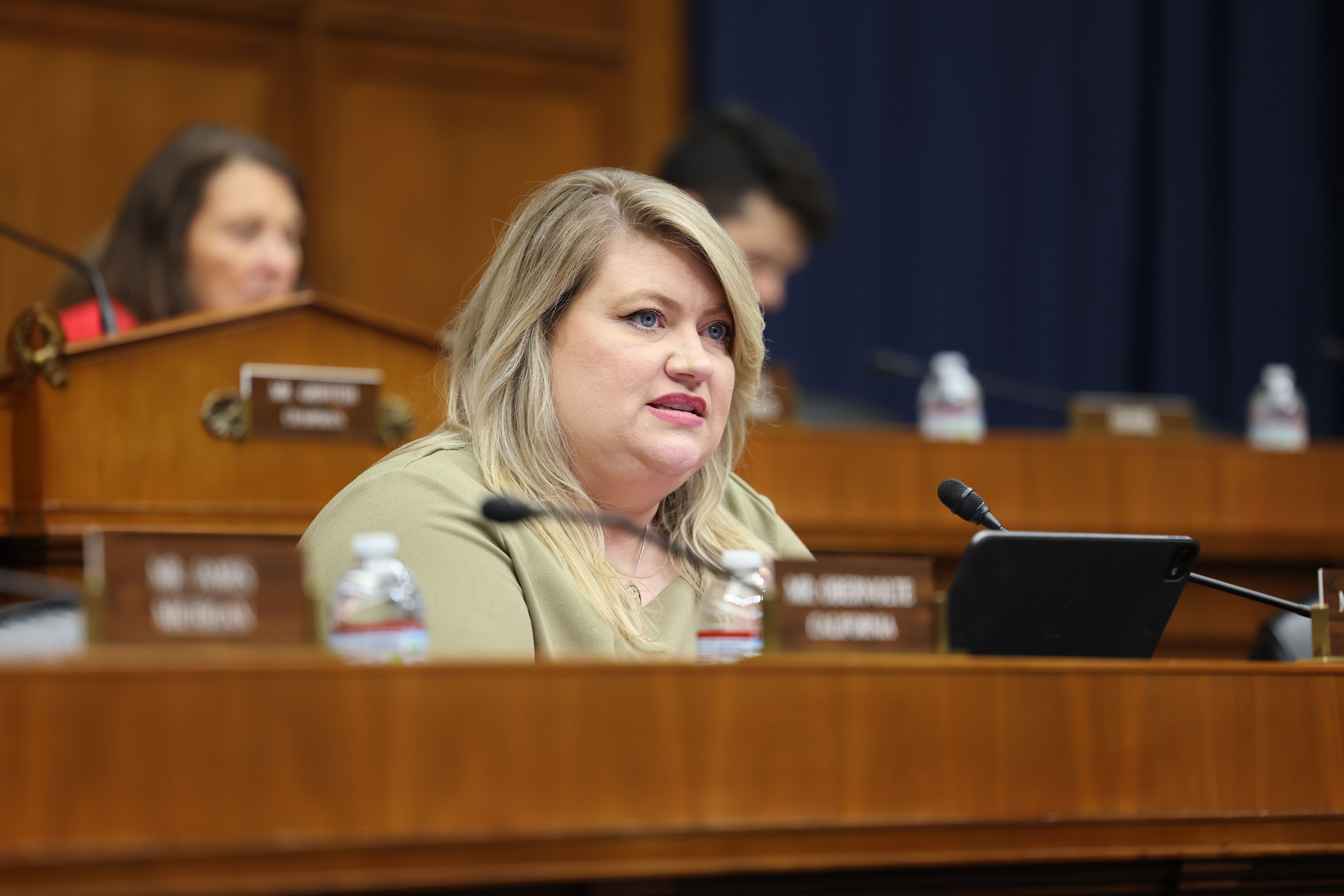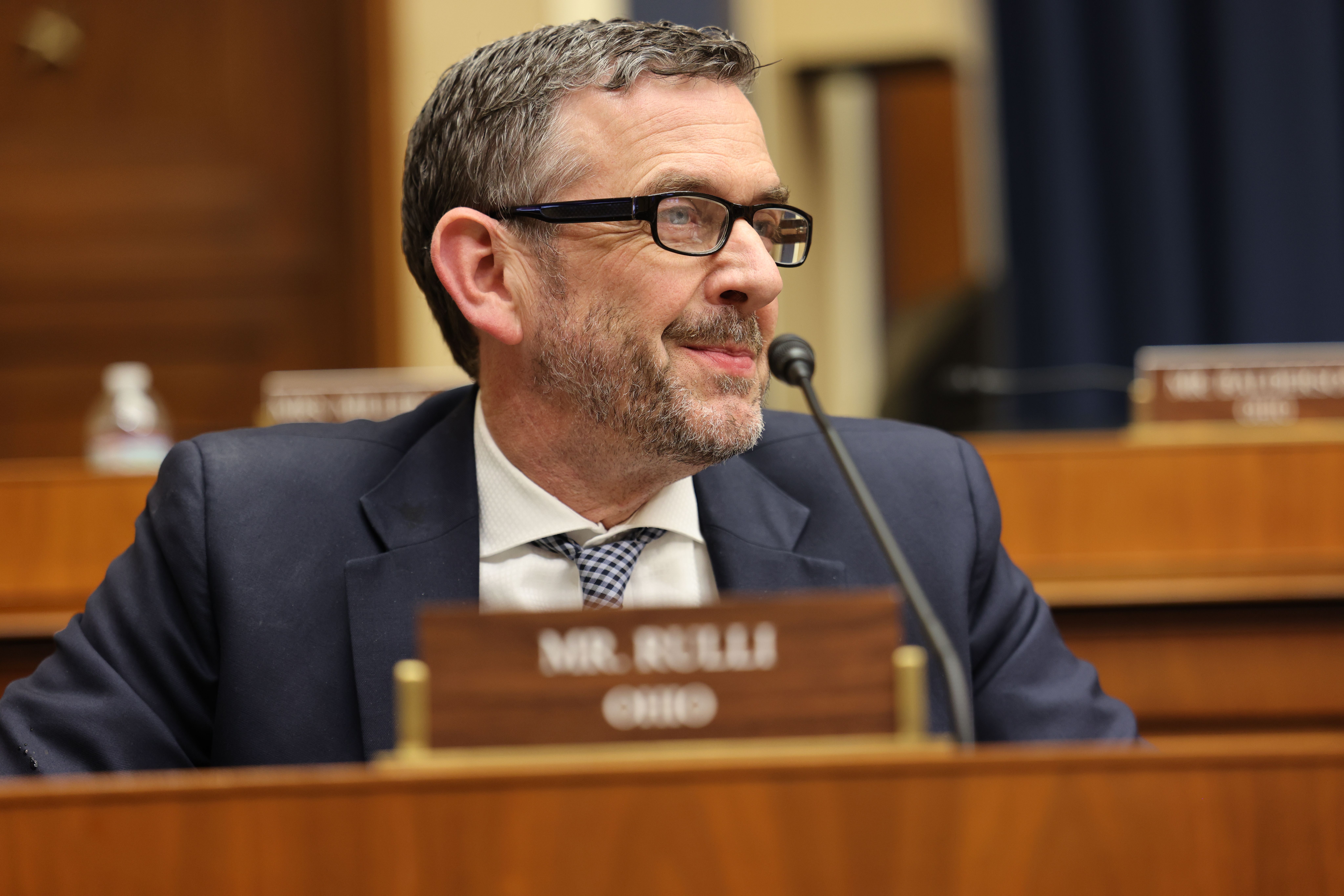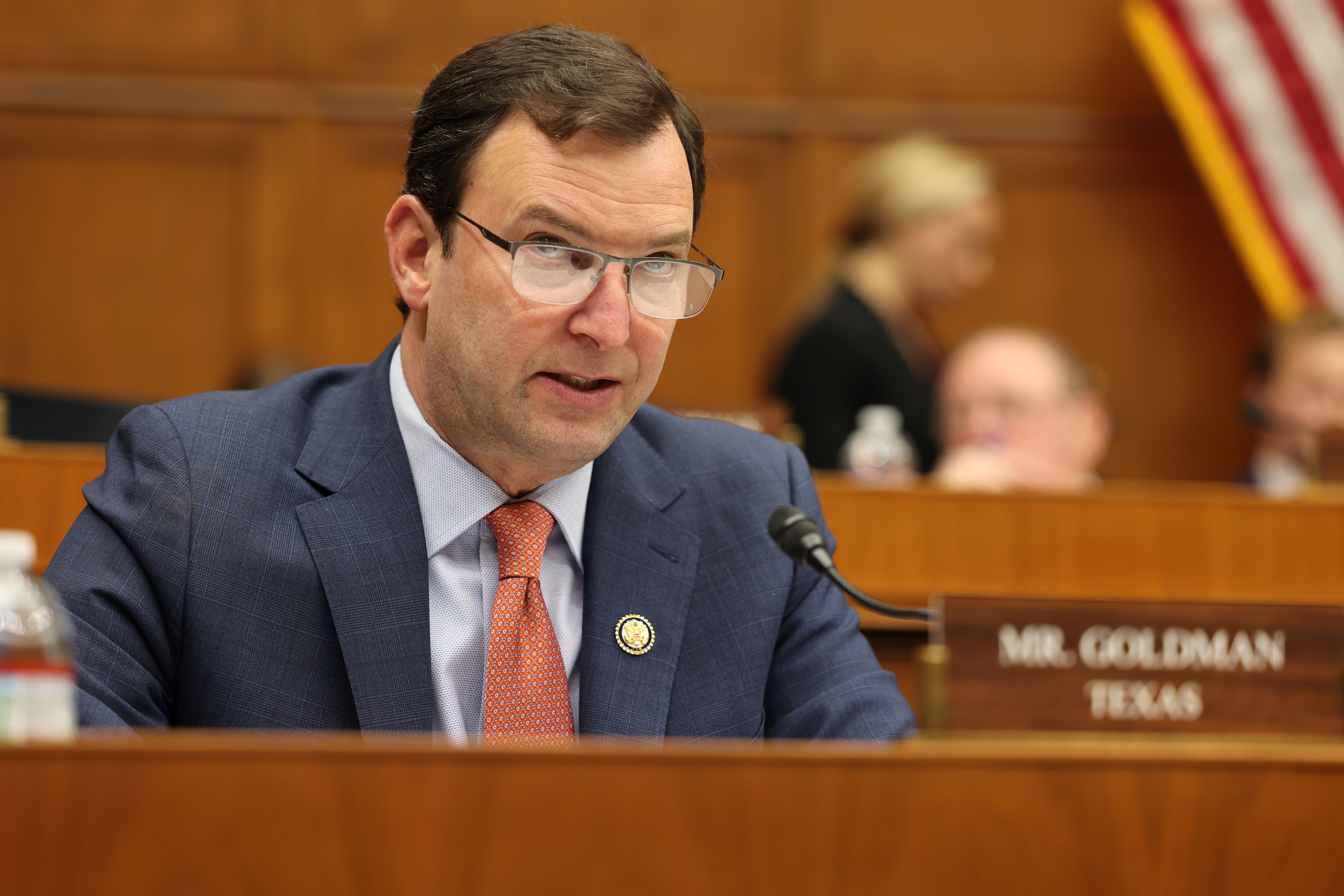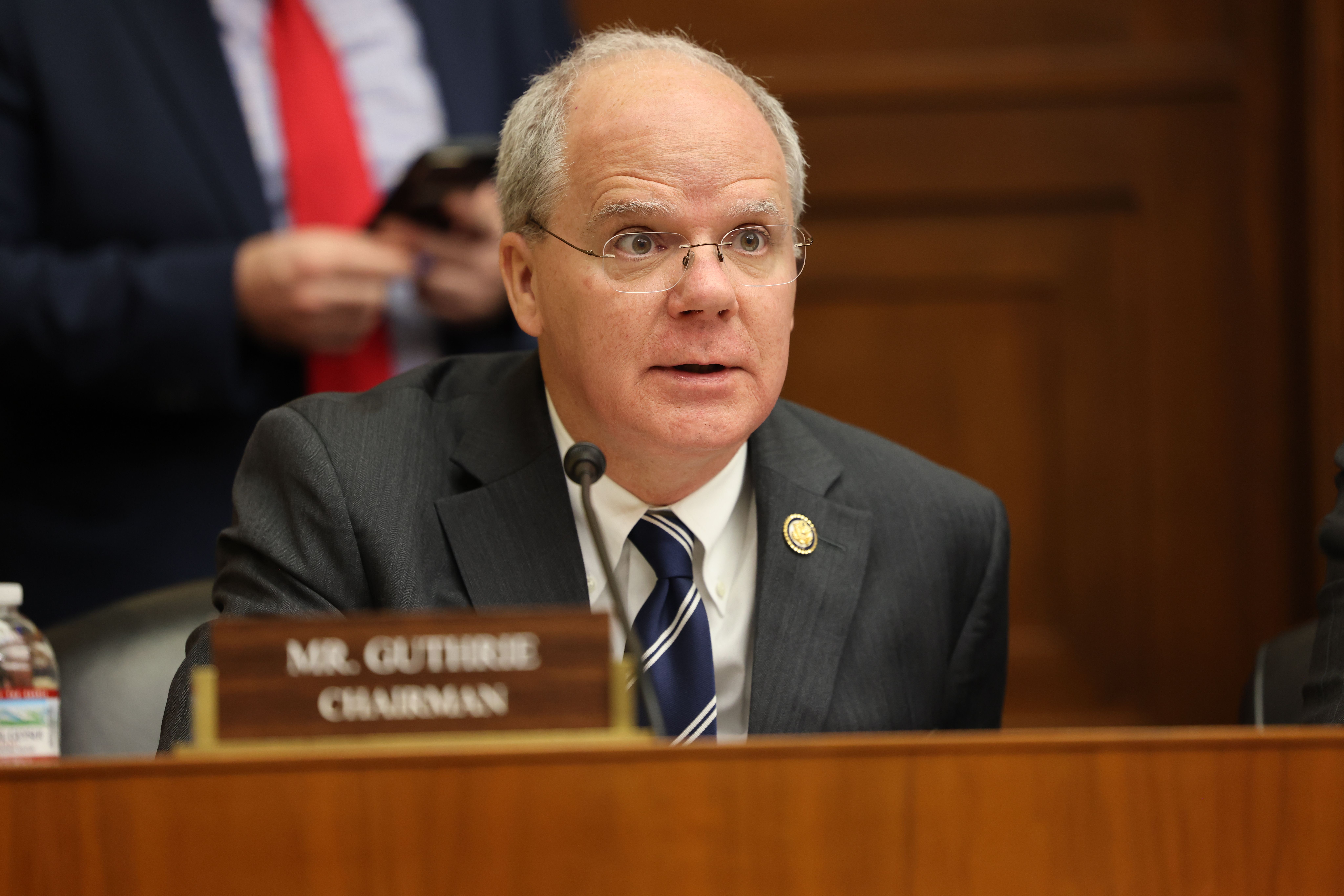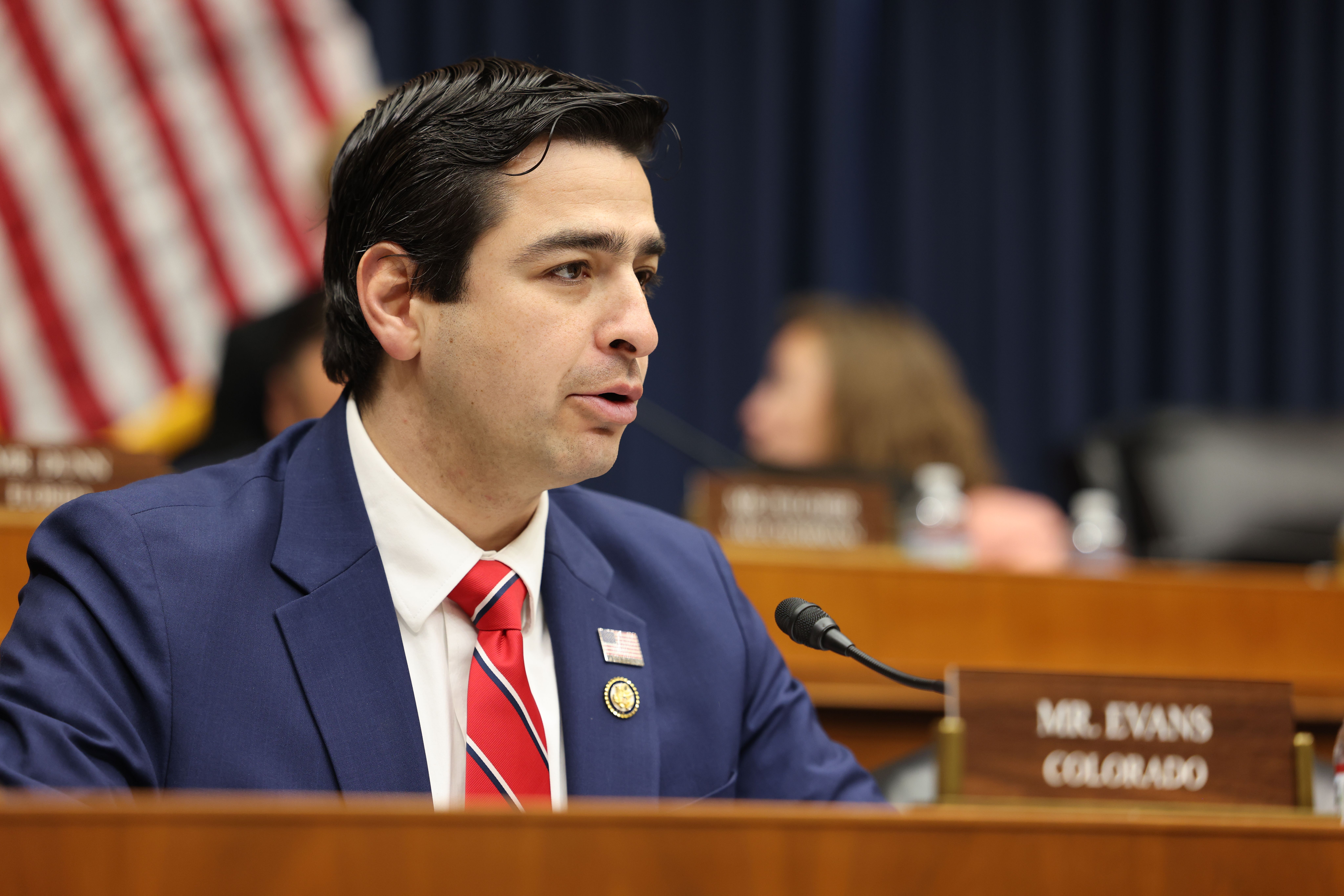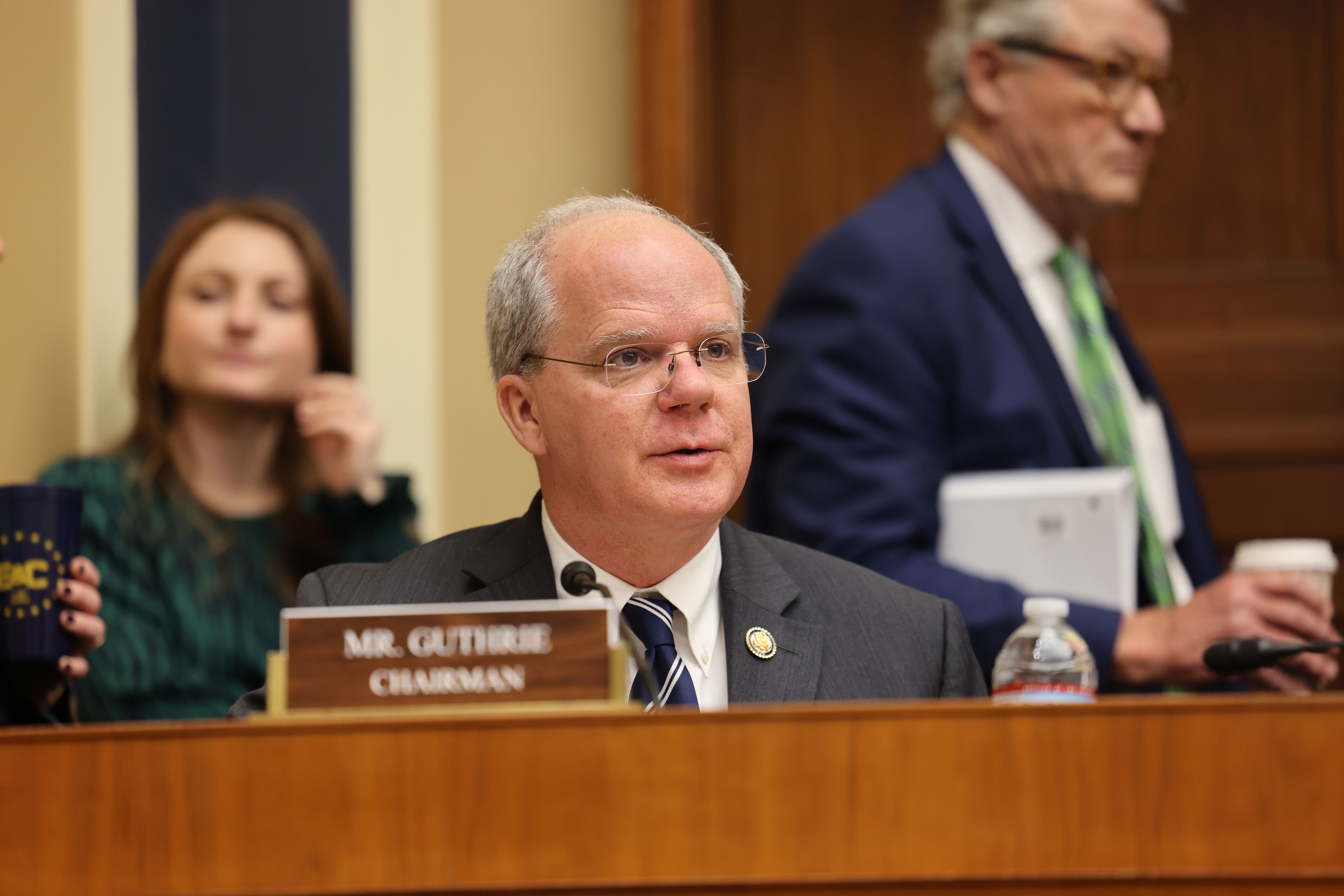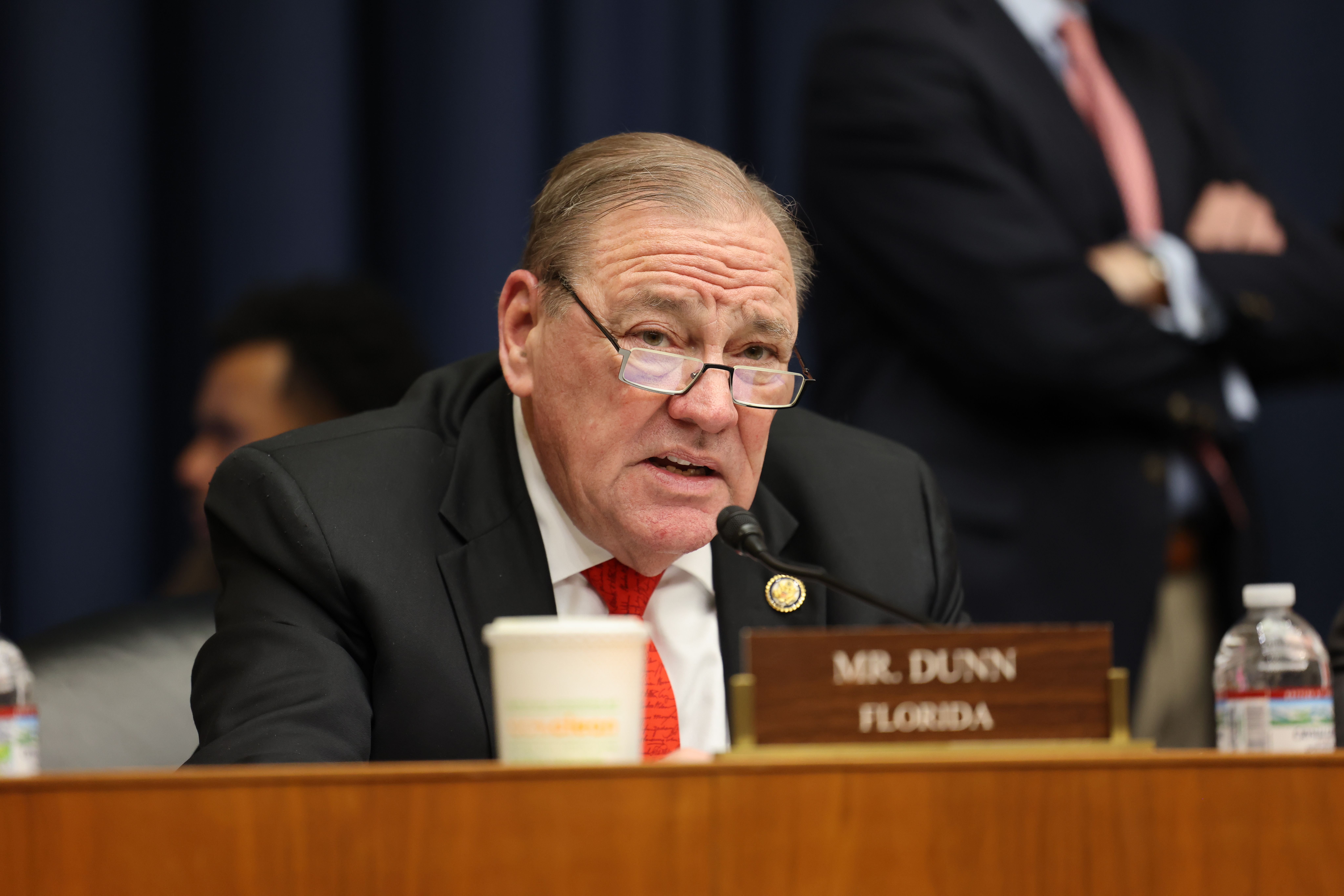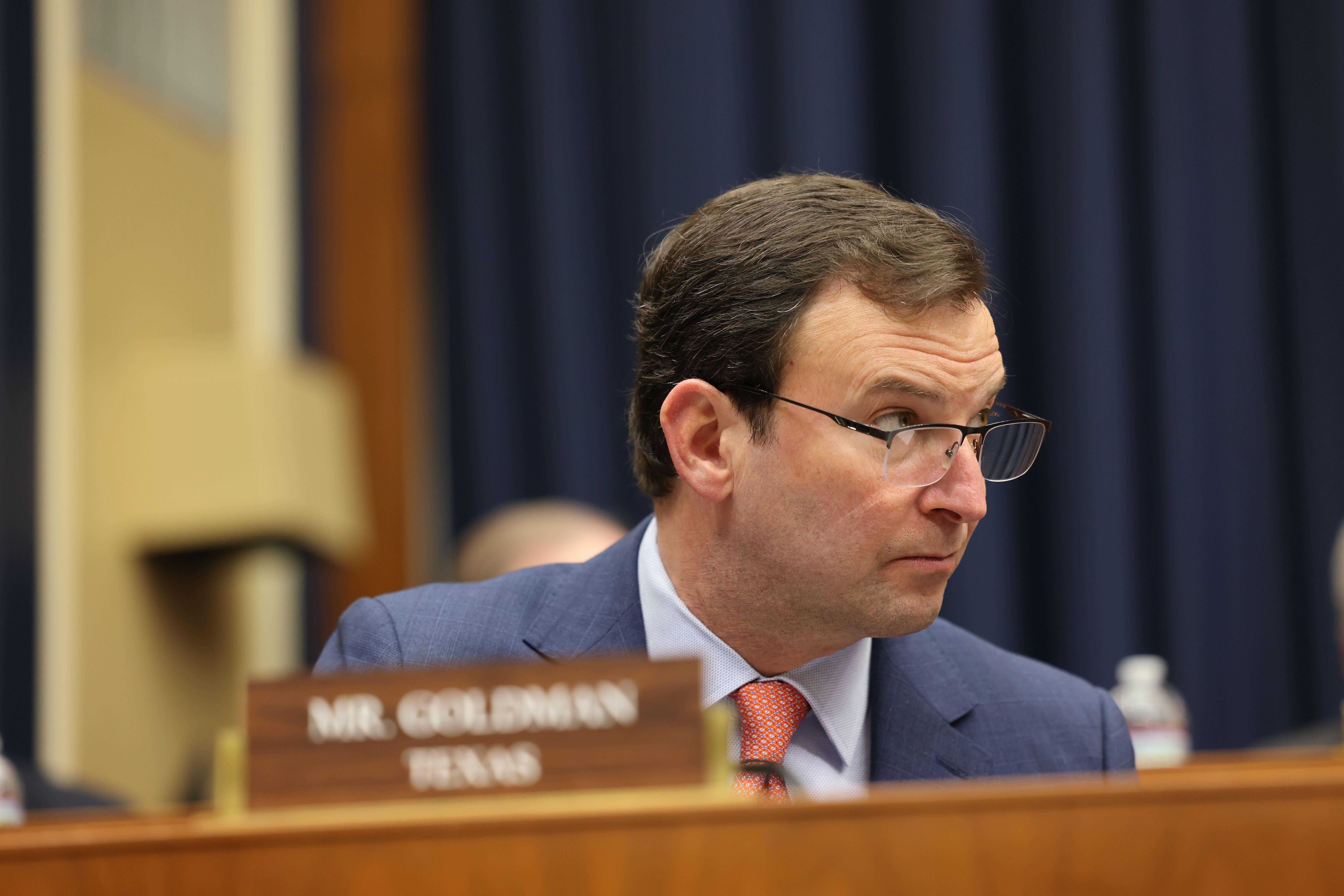HHS OIG Found Hundreds of Millions in Medicaid Payments for Deceased Individuals in a 2021 Audit. Republicans are Continuing to Crack Down on Waste, Fraud, and Abuse.
WASHINGTON, D.C. - Last December, the Department of Health and Human Services (HHS) Office of Inspector General (OIG) released a report showing that since 2016, OIG has conducted 18 audits, which revealed Medicaid agencies improperly paid states nearly $289 million on behalf of deceased enrollees.
The audit outlined in HHS OIG’s report was conducted from July 1, 2021, through June 30, 2022. After reviewing a stratified random sample of 100 capitation payments from the nearly 410,000 capitation payments covered by the audit, HHS OIG found that Medicaid agencies paid for deceased individuals in 99 of the 100 sample capitation payments.
During that same one-year period, Medicaid paid over $207 million to insurance companies for people who had already died.
This is far from the first accounting of massive fraud found in our federal health programs. In July of 2025, the Centers for Medicare & Medicaid (CMS) announced that they had identified and were removing 2.8 million duplicative enrollees in two or more Medicaid and/or Affordable Care Act (ACA) exchange plans after conducting an analysis of 2024 enrollment data.
In September of 2025, the Congressional Budget Office (CBO) found that Democrat policies have facilitated a years-long, massive cover-up to defraud American taxpayers in order to subsidize waste, fraud, and abuse in federal health programs, including using loopholes to provide free health care to illegal immigrants. The agency found that Democrat policies have led to at least 2.3 million fraudulent enrollees in Obamacare.
And most recently, in December, GAO conducted covert operations by creating fictitious identities with fake or never issued Social Security numbers (SSN) and still received taxpayer-subsidized Obamacare coverage. One hundred percent of fake applicants were approved by the ACA Marketplace in late 2024 and 90 percent of fake applicants received coverage in 2025. Experts estimate the federal government may be spending as much as $27 billion a year in taxpayer dollars on improper Obamacare enrollments.
Thanks to President Trump’s Working Families Tax Cuts signed into law on Independence Day last year, Republicans implemented commonsense guardrails to protect Americans and crack down on the Democrat-enabled waste, fraud, and abuse pervading our health care system.
Our law takes action to remove duplicative and deceased enrollees from the Medicaid rolls and prohibit states from paying multiple managed care organizations for wasteful, duplicative health care coverage. We believe that taxpayer dollars should be used to benefit our most vulnerable Americans.
To that end, the Committee has sent letters to state and federal officials requesting additional information on Medicare and Medicaid fraud. For example, the Committee opened an investigation into the massive fraud schemes in Minnesota's Medicaid programs; and just last week, our Subcommittee on Oversight and Investigations held a hearing exploring the egregious Medicare and Medicaid fraud schemes that are happening nationwide.
Over the past several years, Democrat Administrations have allowed waste, fraud, and abuse across the American health care system to explode, ultimately driving up costs, hurting American families, and draining taxpayer dollars. Republicans are committed to finding solutions that restore affordability, fairness, accountability, and the rule of law across our health care system.
Read the full report here.
